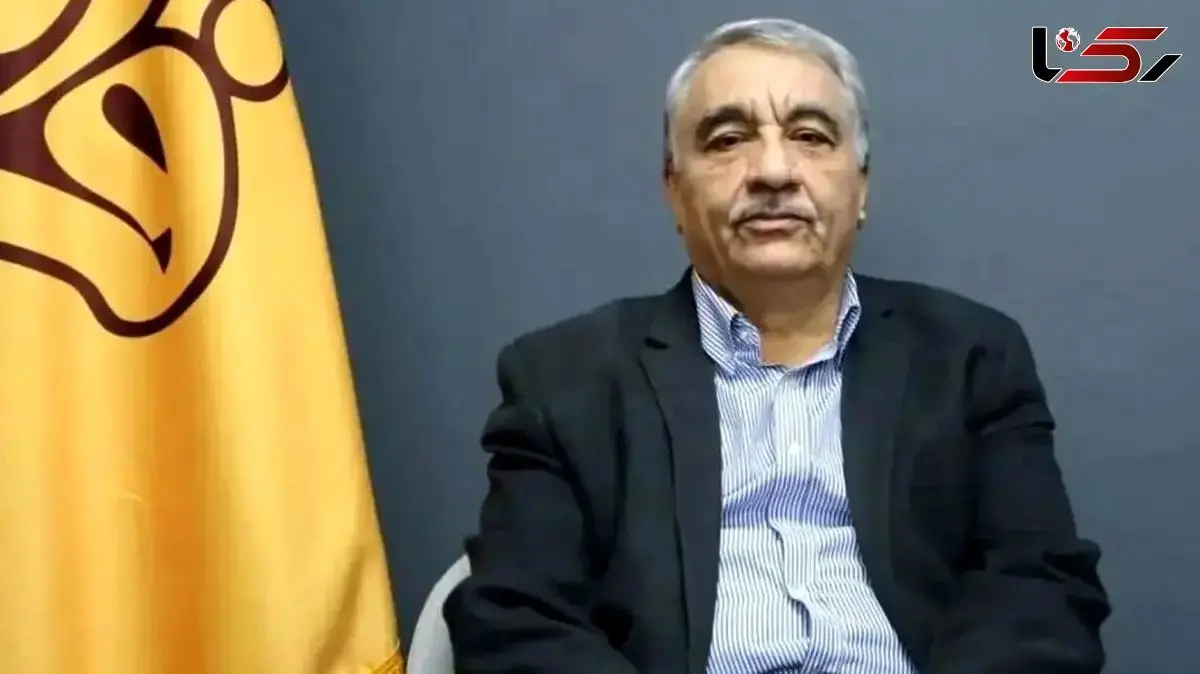Abolfazl Faraji Rad explains:
Why military action against Iran is unlikely? A political and military analysis
Rokna Political Desk: A geopolitical expert, assessing the obstacles and reasons preventing war, stresses that under current conditions, triggering the snapback mechanism will exert only political and economic pressure on Iran. However, with China and Russia blocking such measures in the UN Security Council and with neither the United States nor Israel having justification for launching an attack, a military conflict remains improbable for now.

Iran’s position vis-à-vis the IAEA, the European Troika, the United States, and the possibilities surrounding these developments in recent months has drawn increasing attention. Recently, Iran’s representative to the IAEA, commenting on the likelihood of a resolution against Iran, stated: “The United States and the three European countries are trying to impose in Vienna what they failed to achieve in New York. Forcing the Director General to report based on expired UN Security Council resolutions is illegal and unjustified. This will only complicate the situation further and deal another blow to diplomacy. A Board of Governors resolution will not change the current status of safeguards implementation in Iran.”
According to Rokna, Trump also recently noted Iran’s interest in negotiations, saying that Tehran wishes to resume talks, though he did not specify when such discussions might take place. Meanwhile, Israeli Prime Minister Benjamin Netanyahu commented on the possibility of war with Iran, stating: “We had very clear objectives: nuclear sites, missile production sites, and several other targets. Once we achieved these objectives, the war ended.” These remarks on the one hand, and the issue of a possible resolution against Iran on the other, have created a complex situation. Abdolreza Faraji Rad, professor of geopolitics and former Iranian ambassador to Norway, has examined this issue:
Neither Iran nor the United States will retreat from their positions
Abdolreza Faraji Rad said: “Activating the snapback mechanism means pressure on Iran—economic and political pressure. Grossi also recently claimed that Iran does not allow inspection of the bombed sites. Al-Mayadeen recently reported that the European Troika has submitted a proposal to the IAEA Board of Governors requesting that Iran take certain measures. I do not think that before the Board of Governors adopts a decision or passes a resolution, the issue will proceed to the Security Council for a resolution against Iran. In any case, any resolution they might try to pass would not function like a snapback, and Russia, China, or both could veto it. Therefore, they are currently seeking to prevent the Board of Governors from allowing Iran to block IAEA access to requested sites.”
He added: “It is possible that a resolution will be passed at the Board of Governors, after which they will decide whether to send it to the Security Council. Trump, in his meeting with the Central Asian leaders at the White House, also said that Iranians have requested the lifting of sanctions and that he is ready. But he has not clarified what he is ready for. Is he ready for negotiations? So far, based on available information—mostly exchanged through intermediaries—the Americans have not expressed readiness for negotiations based on a clear give-and-take that would involve concessions from both sides. It appears that the Americans remain committed to their previous positions. For example, they insist on zero enrichment. They may say that in exchange for limitations on enrichment, they will delay snapback for six months to a year. Naturally, Iran will not accept that.”
The United States and Israel currently see no reason for renewed military action against Iran
The geopolitics expert continued: “Iran has officially declared that it will neither accept zero enrichment nor relinquish its right to enrichment based on its needs under IAEA supervision. The situation is the same concerning the missile program. Therefore, the issue remains ambiguous, because neither the Americans are willing to compromise, nor will the Iranians enter negotiations without receiving a positive signal, since they believe that without such a signal the result will be worse than the status quo.”
Regarding Netanyahu’s recent comments about the end of war with Iran, he said: “Despite propaganda suggesting the ease of attacking Iran, the reality is that war would be difficult for both sides. Extensive propaganda claims that an attack on Iran is imminent, but the matter is far more complex than portrayed by Persian-language media or some opinion pieces, which often reflect a one-sided perspective. We must consider that Israel would also suffer serious damage in any conflict. Although Israel has more detailed information about Iran’s nuclear sites than the United States, it has refrained from launching a new attack. Even Israel’s sabotage operations inside Iran have diminished, which indicates that the other side also has its own constraints. Until recently, Trump claimed that Iran’s nuclear sites had been destroyed. Therefore, the United States has no excuse to attack unless Iran continues active enrichment, which could then serve as a pretext for renewed attacks. However, given the Gaza situation, Israel’s sensitive position, and its operations in southern Lebanon against Hezbollah, it is unlikely to open a new front with Iran.”
He added: “An Israeli attack on Iran must be fully coordinated with the United States. In my view, the Americans do not consider the current moment suitable for confrontation with Iran. This does not mean that they will never see a moment as suitable, but for now, the time for such an attack has not arrived.”
Send Comments